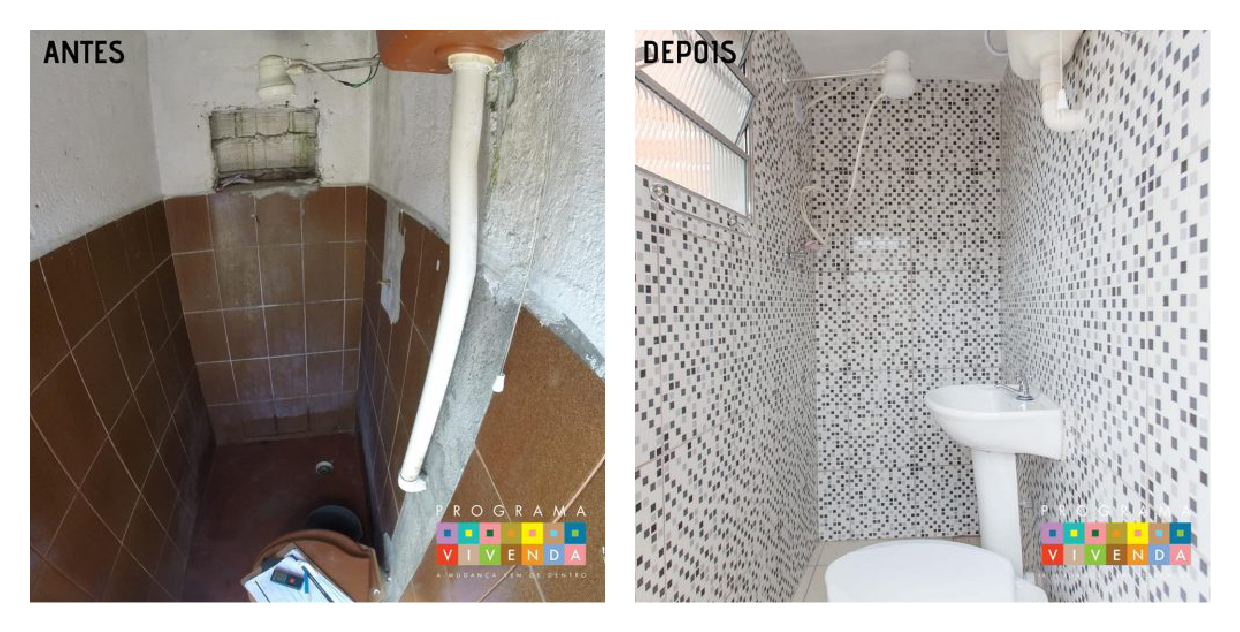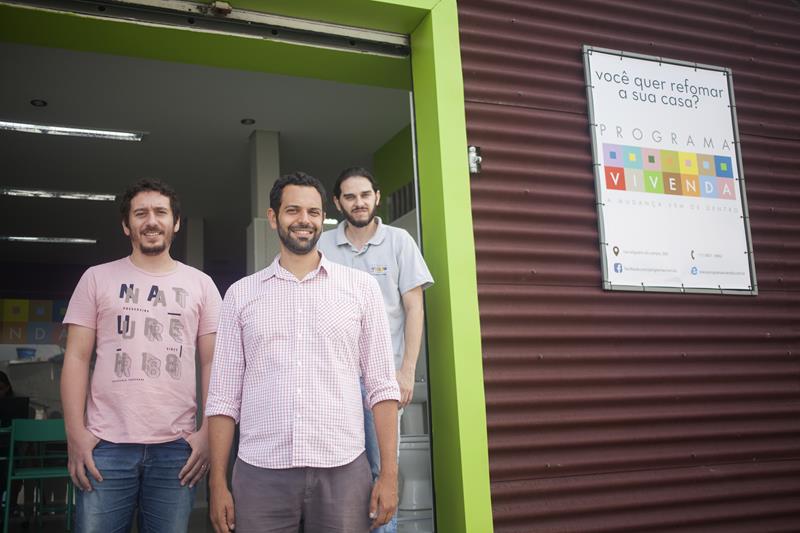RIO DE JANEIRO, BRAZIL – Vivenda, a social startup that emerged in 2014 as a home renovation company in the periphery and favelas of São Paulo, has announced a new step in the consolidation of its holding company, the launch of the Vivenda Institute. In April, the company ceased to be a construction firm and became a holding company.

The housing situation of many in Brazil is alarming: 7 million people have no home, and about 15 million live in houses that are considered unsafe and a health risk. Most of the measures taken by the government concern the creation of new houses instead of improving the houses that exist but are not fit to live in.
To address this, Fernando Assad created the Vivenda Program to deal with the “home pathologies” that most impact people’s health. His affordable kits include all of the components necessary for a successful home renovation: credit, technical assistance, labor, and construction materials.
Fernando’s renovation kits are straightforward to create a viable model in the face of a complex problem. Vivenda sells affordable “bathroom”, “kitchen,” and “bedroom” kits, marketing them under the premise of a more attractive home, but to resolve the main problems affecting the residents’ health: ventilation, lighting, humidity, insulation, and bathroom facilities.
Vivenda targets those whose homes pose a major health risk – commonly those earning minimum wage, who can pay for the service in installments. For those who are most vulnerable, Vivenda has a subsidized model, where the beneficiary pays 30% of the total amount. Throughout, Vivenda is careful to make changes from within the communities: Vivenda’s employees are from the communities in which their work is focused. In all, about 3,000 renovations have already been carried out, benefiting more than 12,000 people.
As most barriers to home improvement are financial, the strategy for a sustainable model is key to ensuring efficiency and scale. The viability of the model is based on two proven premises: 1) completing the service in 5-6 days to ensure efficiency and 2) buying discounted materials.

To make these two requirements possible, Fernando developed partnerships with building material companies that sell at a discount to local merchants. They maintain a stock of materials, ensuring their availability, and receive training directly from the manufacturer, thus contributing to the training of the local workforce. The materials used are carefully selected based on cost, efficiency, and environmental impact.
In addition to improved health and safety, renovating homes benefit residents’ self-esteem, enabling them to take charge of change in their surroundings. Vivenda’s larger goal is to structure the home improvement market for the poor at a national level, by showcasing a model that works and by motivating other players to enter the market.
The model is designed to be replicated by local entrepreneurs who want to open a Vivenda franchise in their own community to have a unit of the Vivenda program in each ”favela” or peripheral community in Brazil.
Through three initiatives – a platform, an accelerator, and now the institute – the social construction startup started to unite all the links in the civil construction chain to expand access and establish new commercial relationships, reinforcing its role as a structure of the formal renovation market in communities.
The Vivenda Institute arrives to make subsidies viable through public and private efforts for value-generating solutions in construction and research, social technology, and technical qualifications.

